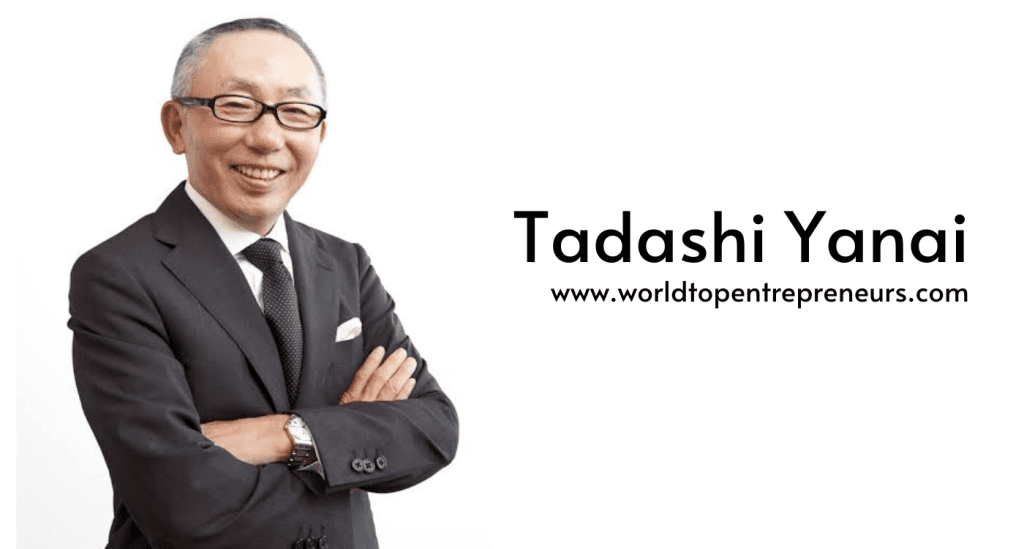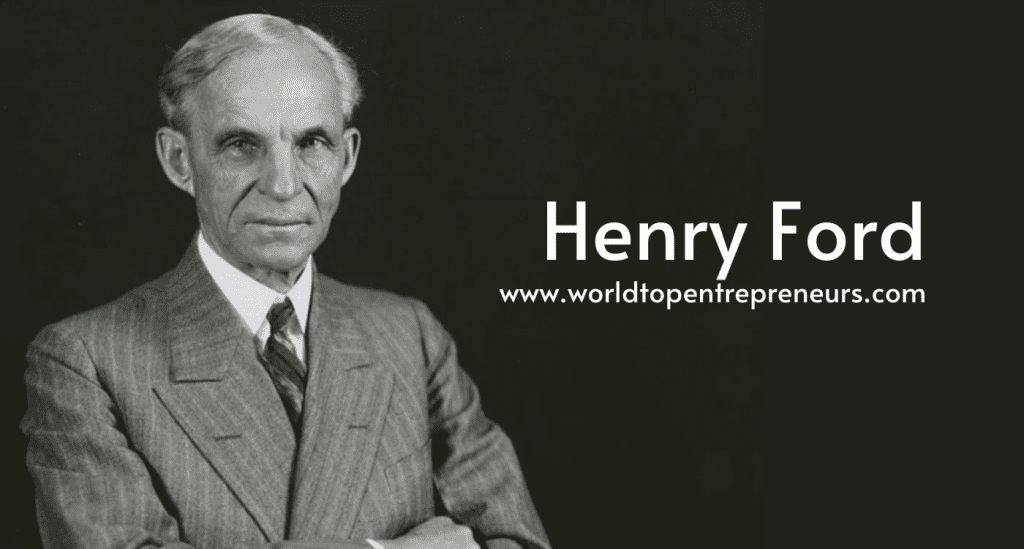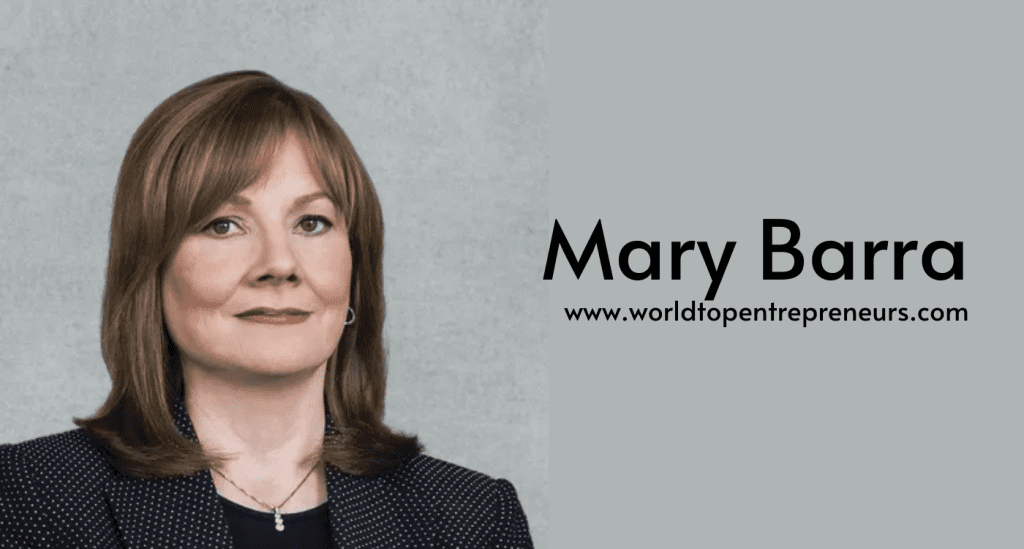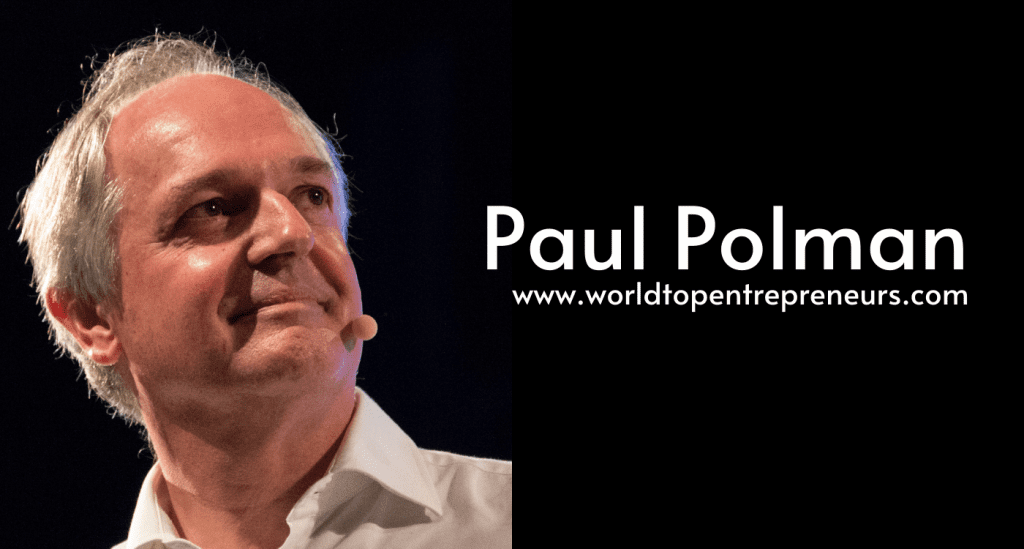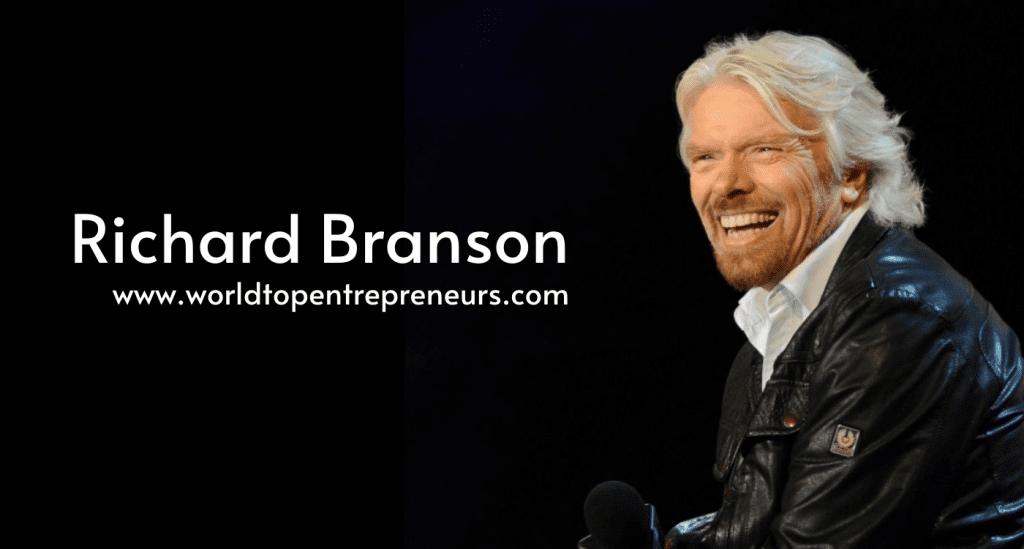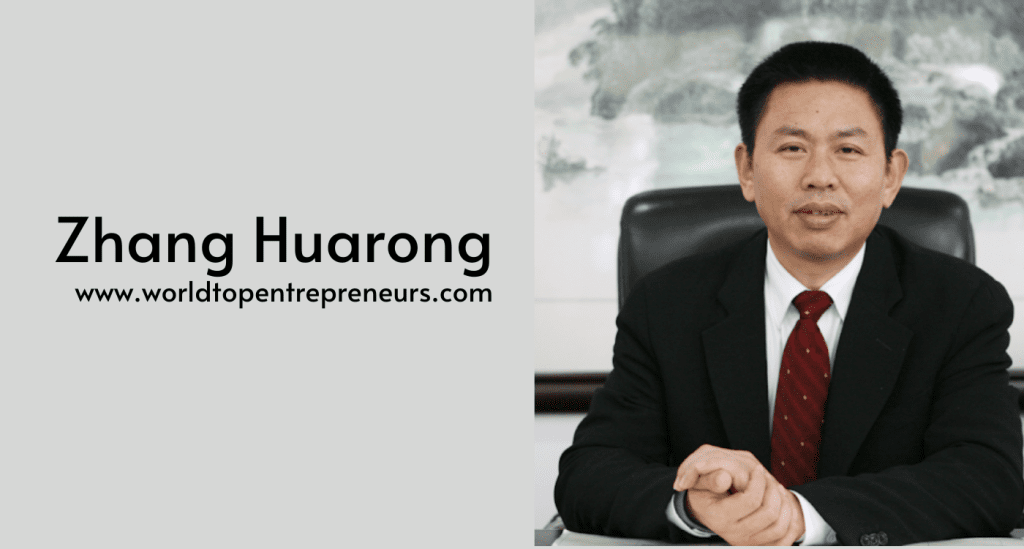In the world of retail and fashion, Tadashi Yanai is a name that resonates with innovation, strategic brilliance, and a relentless pursuit of excellence. As the founder of Fast Retailing Co., Ltd., the parent company of UNIQLO, Yanai’s influence has significantly shaped the global apparel industry. This article delves into Yanai’s journey, exploring his early life, the founding and growth of Fast Retailing, and the transformative impact of UNIQLO on the retail sector.
Early Life and Background
Tadashi Yanai was born on February 7, 1949, in Ube, Yamaguchi Prefecture, Japan. Growing up in post-war Japan, Yanai experienced the country’s economic and social transformations firsthand. His early life was marked by a strong work ethic and a deep-seated desire to achieve something significant.
Yanai’s father ran a small clothing store, which provided Yanai with early exposure to the retail industry. Observing his father’s business, Yanai developed an understanding of the challenges and opportunities inherent in the retail sector. This early experience played a crucial role in shaping his future endeavors.
Yanai pursued his higher education at Waseda University, one of Japan’s prestigious institutions. Graduating with a degree in political science and economics, Yanai’s academic background provided him with a solid foundation in business and management. His education, combined with his early retail experiences, set the stage for his future success in the fashion industry.
The Birth of Fast Retailing
In 1984, Tadashi Yanai founded Fast Retailing Co., Ltd. with a vision to revolutionize the retail apparel market. Initially, the company operated as a small clothing store named “Unique Clothing Warehouse” in Hiroshima. The store’s concept was straightforward yet innovative: offering high-quality, affordable clothing in a simple, no-frills environment.
Yanai’s approach to retail was grounded in a commitment to providing value to customers. He believed that by focusing on quality and efficiency, he could offer consumers high-quality apparel at competitive prices. This philosophy became the cornerstone of Fast Retailing’s business model and set it apart from other retailers.
The Rise of UNIQLO
The turning point for Fast Retailing came in 1991 when the company rebranded its stores under the name “UNIQLO,” a combination of “unique” and “clothing.” This rebranding marked the beginning of a new era for the company and laid the foundation for its global success.
- Innovative Retail Concepts: UNIQLO’s success can be attributed to its innovative retail concepts. Yanai introduced the “SPA” (Specialty store retailer of Private label Apparel) model, which involved controlling the entire supply chain from design to manufacturing to retail. This approach allowed UNIQLO to offer high-quality products at affordable prices by eliminating intermediaries and streamlining operations.
- Focus on Basics: UNIQLO’s product offerings were centered around high-quality basics. The company focused on creating versatile, functional clothing that could be worn in various settings. This emphasis on simplicity and practicality resonated with consumers, leading to widespread popularity and success.
- Global Expansion: Under Yanai’s leadership, UNIQLO embarked on an ambitious global expansion strategy. The company opened its first international store in London in 2001, marking the beginning of its global presence. Since then, UNIQLO has expanded to numerous countries and regions, including the United States, China, South Korea, and many European countries. The company’s international success is a testament to Yanai’s visionary approach and strategic foresight.
- Collaborations and Partnerships: UNIQLO’s success was further amplified by strategic collaborations with renowned designers and brands. Partnerships with figures like J.W. Anderson, Comme des Garçons, and Alexander Wang brought a new level of fashion credibility to the brand. These collaborations not only attracted a diverse customer base but also positioned UNIQLO as a fashion-forward retailer.
- Commitment to Innovation: Yanai’s focus on innovation extended beyond product design. UNIQLO embraced technological advancements in retail, including the development of an efficient supply chain and the use of data analytics to understand consumer preferences. The company also invested in sustainable practices, such as eco-friendly materials and energy-efficient stores, reflecting Yanai’s commitment to social responsibility.
Leadership and Corporate Philosophy
Tadashi Yanai’s leadership style is characterized by a blend of visionary thinking, hands-on involvement, and a deep understanding of consumer behavior. Yanai’s approach to leadership has been instrumental in driving Fast Retailing’s success and shaping UNIQLO’s global identity.
- Visionary Thinking: Yanai’s ability to anticipate market trends and adapt to changing consumer preferences has been a key factor in UNIQLO’s success. His vision for the company extended beyond traditional retail models, embracing innovation and technology to stay ahead of competitors.
- Customer-Centric Approach: Yanai’s emphasis on understanding and meeting customer needs has been central to UNIQLO’s strategy. The company’s focus on providing high-quality, affordable clothing that meets everyday needs reflects Yanai’s commitment to delivering value to consumers.
- Empowering Employees: Yanai’s leadership philosophy also emphasizes the importance of empowering employees and fostering a positive work environment. He believes that a motivated and engaged workforce is essential for driving innovation and achieving business success.
- Global Perspective: Yanai’s global perspective has been instrumental in UNIQLO’s international expansion. His ability to navigate diverse markets and adapt to local preferences has allowed the company to establish a strong presence in various regions.
Impact on the Retail Industry
Tadashi Yanai’s contributions to the retail industry through Fast Retailing and UNIQLO have had a profound impact on the way apparel is marketed and sold. The company’s innovative approaches and commitment to quality have set new standards for the industry.
- Redefining Retail Models: UNIQLO’s SPA model has redefined traditional retail practices by emphasizing vertical integration and control over the supply chain. This approach has influenced other retailers and demonstrated the benefits of efficiency and cost control.
- Shaping Consumer Expectations: UNIQLO’s focus on high-quality basics and affordability has shaped consumer expectations in the apparel market. The company’s ability to offer stylish, functional clothing at competitive prices has set a benchmark for other retailers.
- Driving Global Trends: UNIQLO’s global expansion and collaborations with renowned designers have positioned the company as a trendsetter in the fashion industry. The brand’s influence extends beyond apparel, impacting trends and consumer behavior worldwide.
- Promoting Sustainability: UNIQLO’s commitment to sustainability and eco-friendly practices has highlighted the importance of social responsibility in retail. The company’s efforts to reduce its environmental footprint and promote ethical practices have set an example for others in the industry.
Legacy and Future Prospects
Tadashi Yanai’s legacy is deeply intertwined with the success and growth of Fast Retailing Co., Ltd. and UNIQLO. His visionary leadership, commitment to innovation, and dedication to customer satisfaction have established him as a transformative figure in the retail industry.
As UNIQLO continues to evolve and expand, the company remains focused on building on Yanai’s legacy. Future prospects for Fast Retailing include continued global growth, further innovation in product design and technology, and a commitment to sustainability.
Yanai’s influence extends beyond business success; his approach to retail and leadership has left a lasting mark on the industry. His ability to blend visionary thinking with practical execution has set a standard for excellence that will continue to inspire future generations.
Conclusion
Tadashi Yanai’s journey from a small clothing store in Japan to the founder of a global retail powerhouse is a remarkable story of vision, innovation, and determination. Through Fast Retailing Co., Ltd. and UNIQLO, Yanai has redefined the apparel industry, setting new standards for quality, affordability, and global reach.
As we reflect on Yanai’s achievements and contributions, we recognize the transformative impact of his work on the retail sector. His legacy is a testament to the power of innovative thinking, strategic foresight, and a relentless commitment to improving the way people experience fashion and retail.

